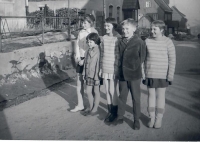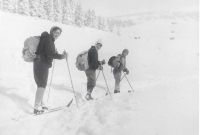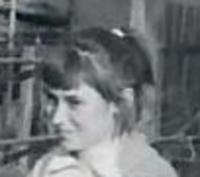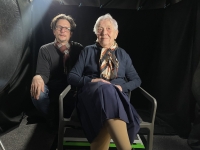We are just a drop in the ocean, but therefore we do not have to live in any servitude
Stáhnout obrázek
Olga Porkertová was born on August 24, 1933 in Rychnov nad Kněžnou, although she spent the vast majority of her life in Liberec-Pavlovice, where she and her husband Josef moved in the 1950s. In 1956 her daughter Olga was born, three years later her son Josef. In the 1960s, she worked at the Liberec polyclinic as a blood sampling laboratorian and recalls the tragically insufficient medical supplies. Her husband worked in a foundry, but he had problems finding a job because of his background and thus his staff. He was the son of a factory owner, and Josef was arrested and imprisoned for three years as part of the so-called Golden Action under President Antonín Novotný, when all the material possessions of all that the communist regime considered movable were confiscated. Olga survived those three years with the help of her mother, in considerable material need. The arrival of the 1960s and the gradual relaxation of the regime were watched by the Porkerts with hopes, they welcomed the renewal of the scout organization and Sokol, in which Olga had enjoyed training since her youth. The year 1968 came as a shock, and with it constant surveillance at work, whether the workers agree or disagree with the entry of the Warsaw Pact troops. Olga‘s job was saved by her superior when he filled in her consent. Olga still specializes in physical education, professes the Sokol values and follows the Bible. She still lives in Liberec-Pavlovice.




